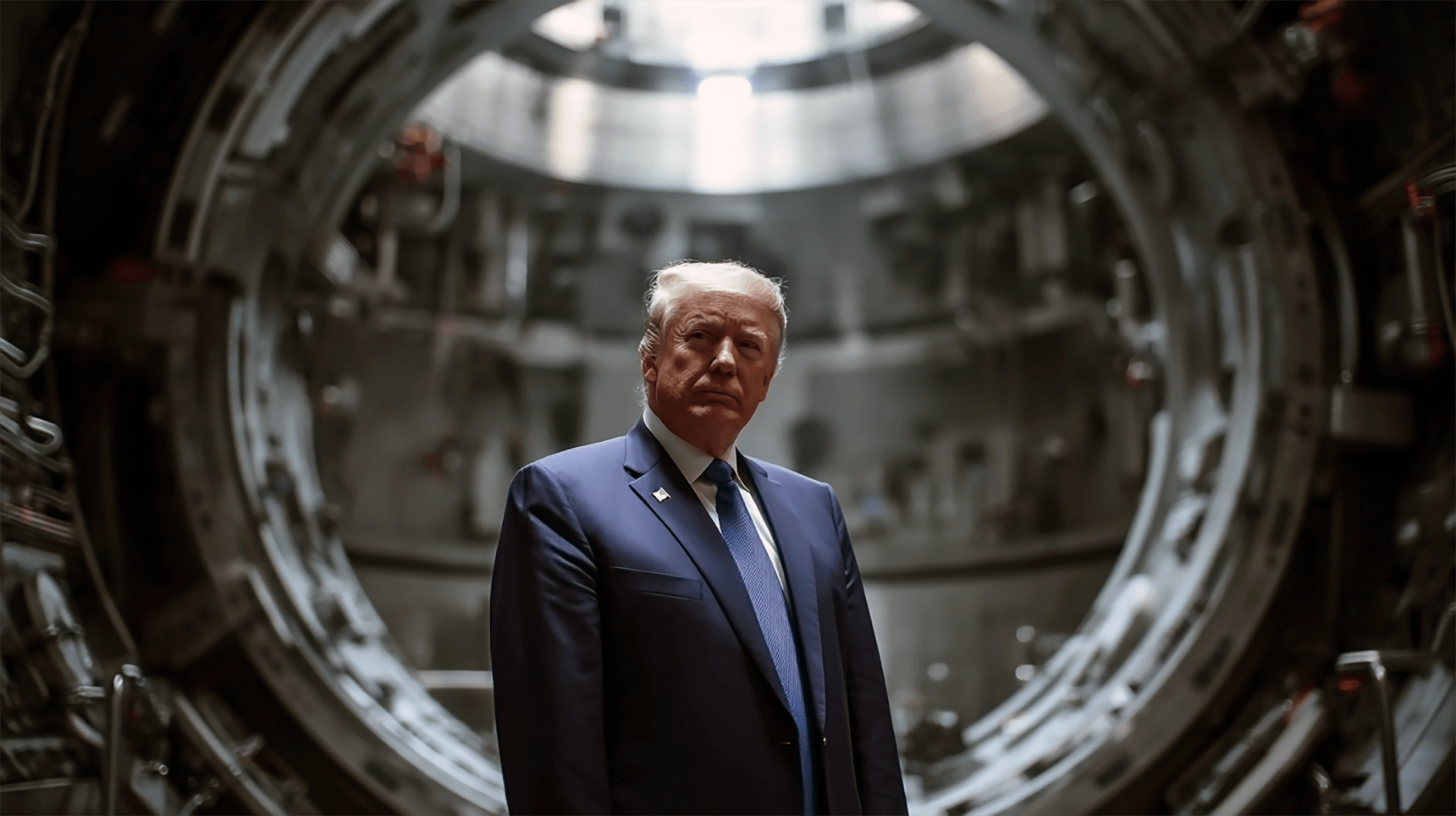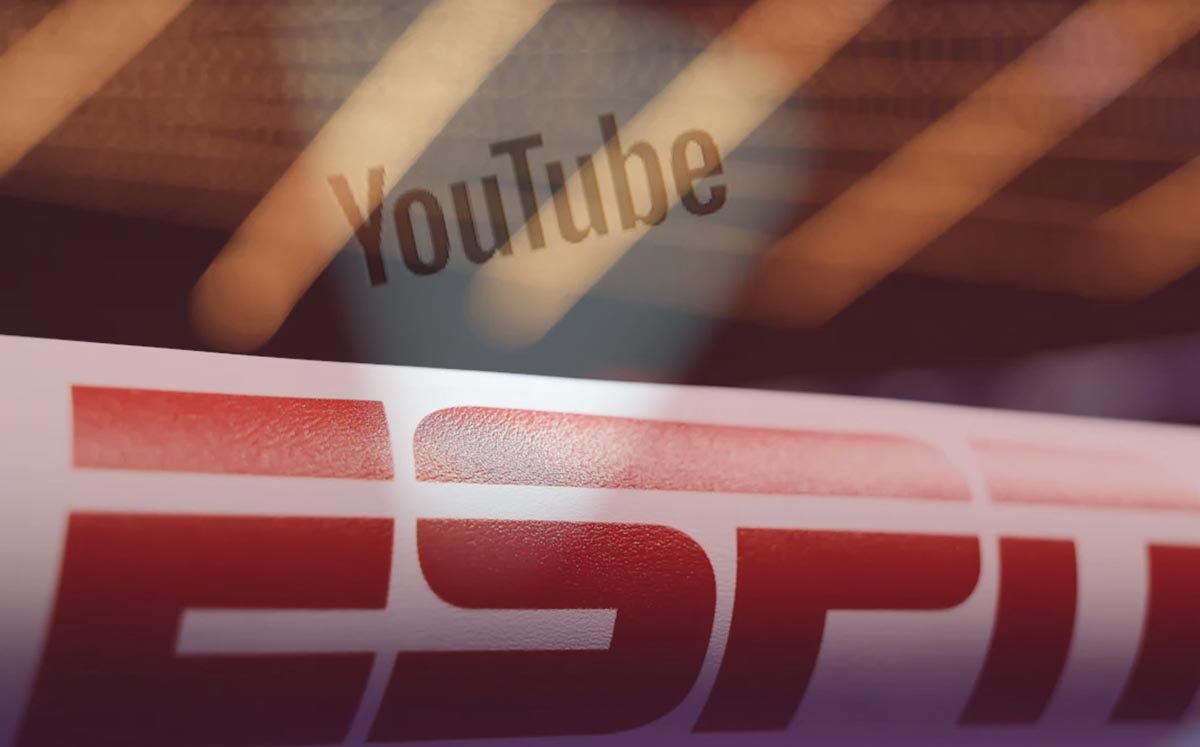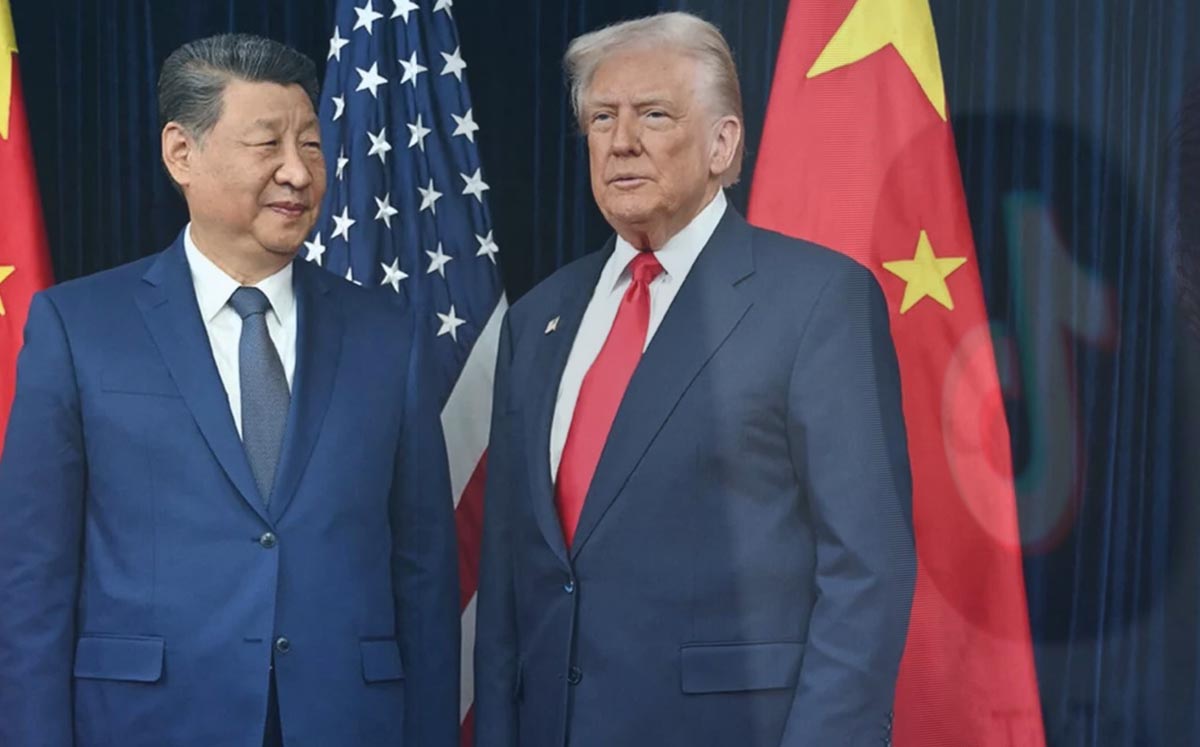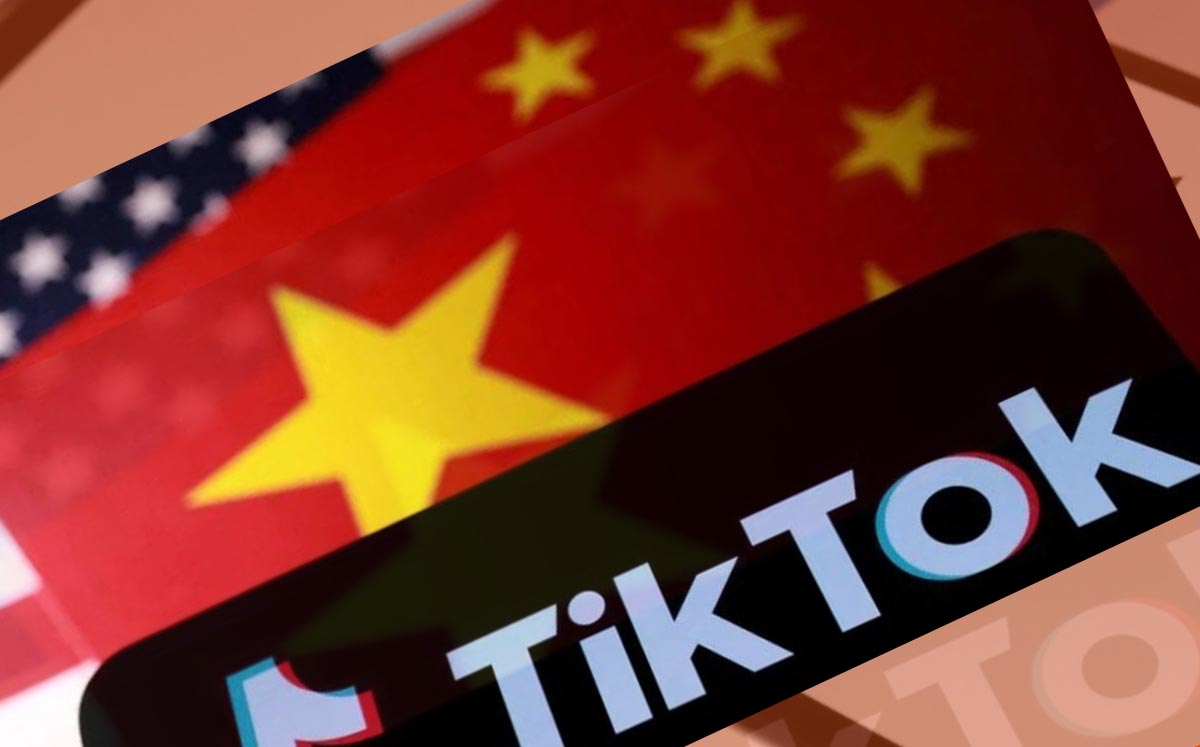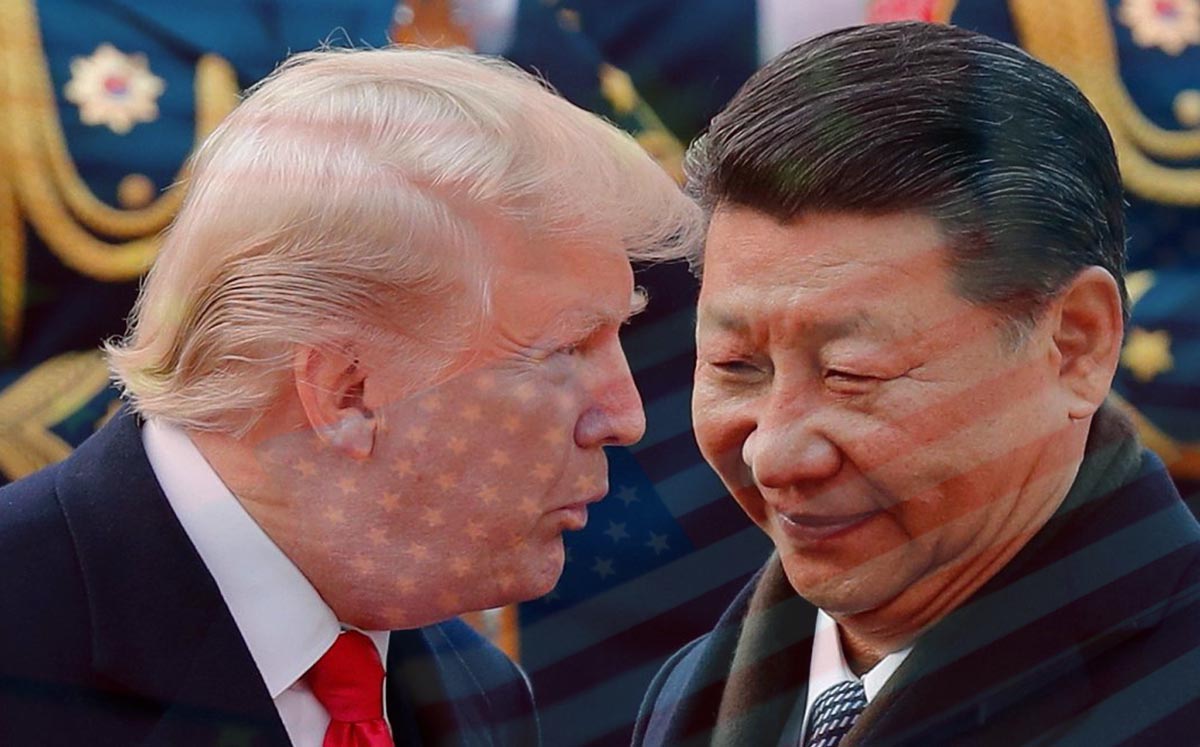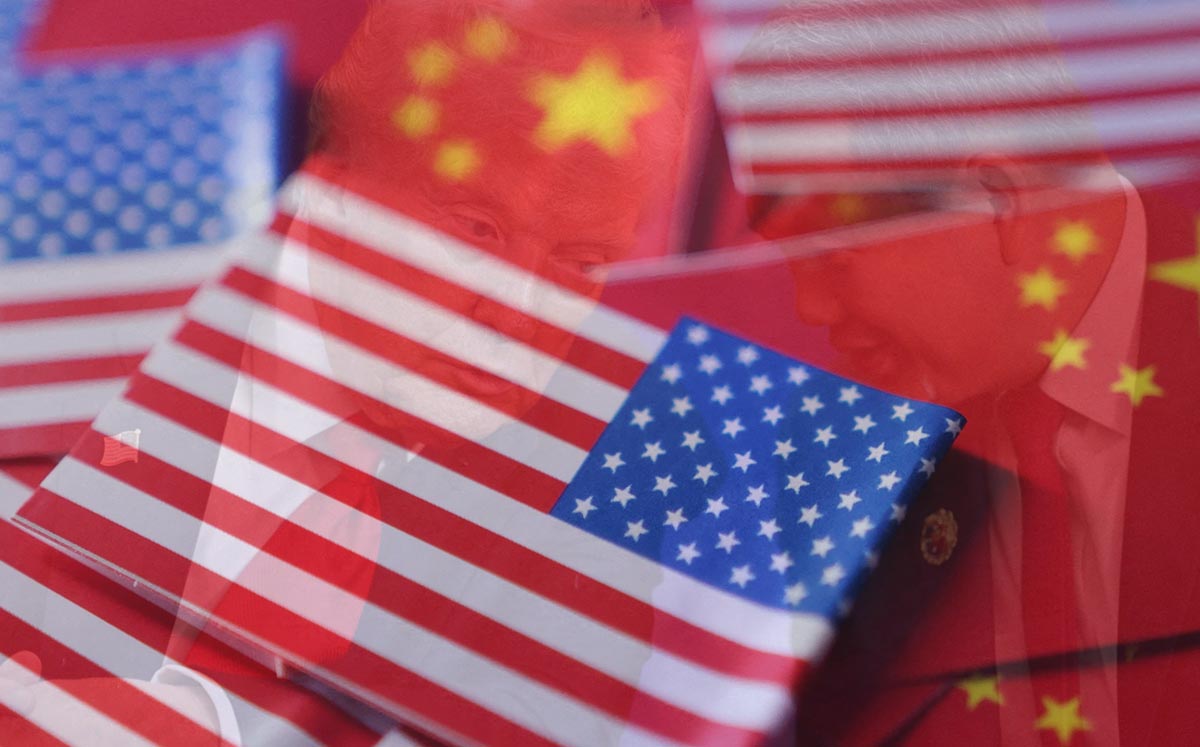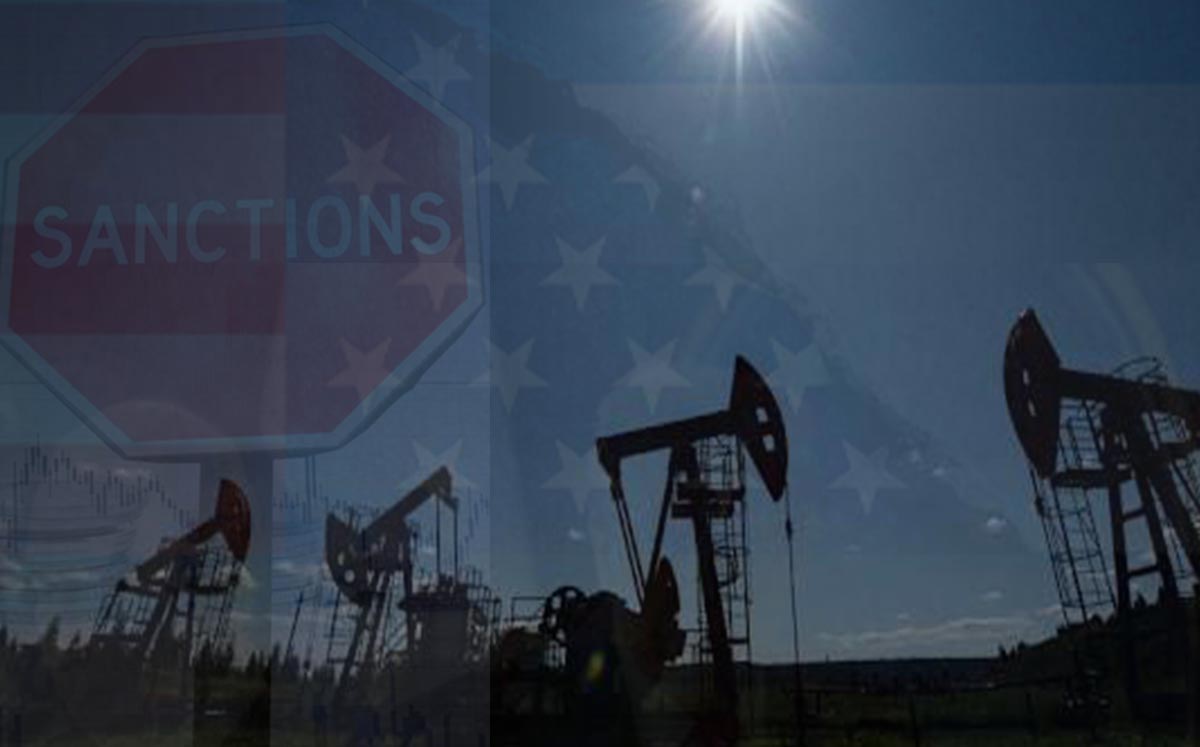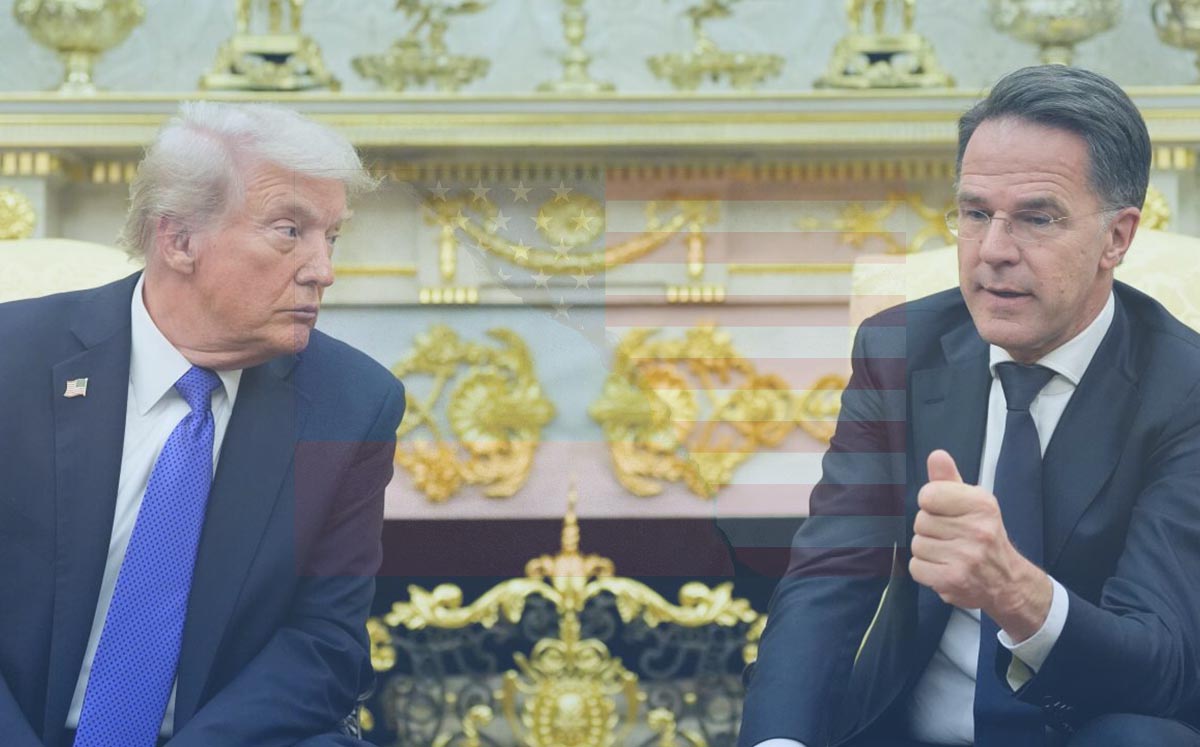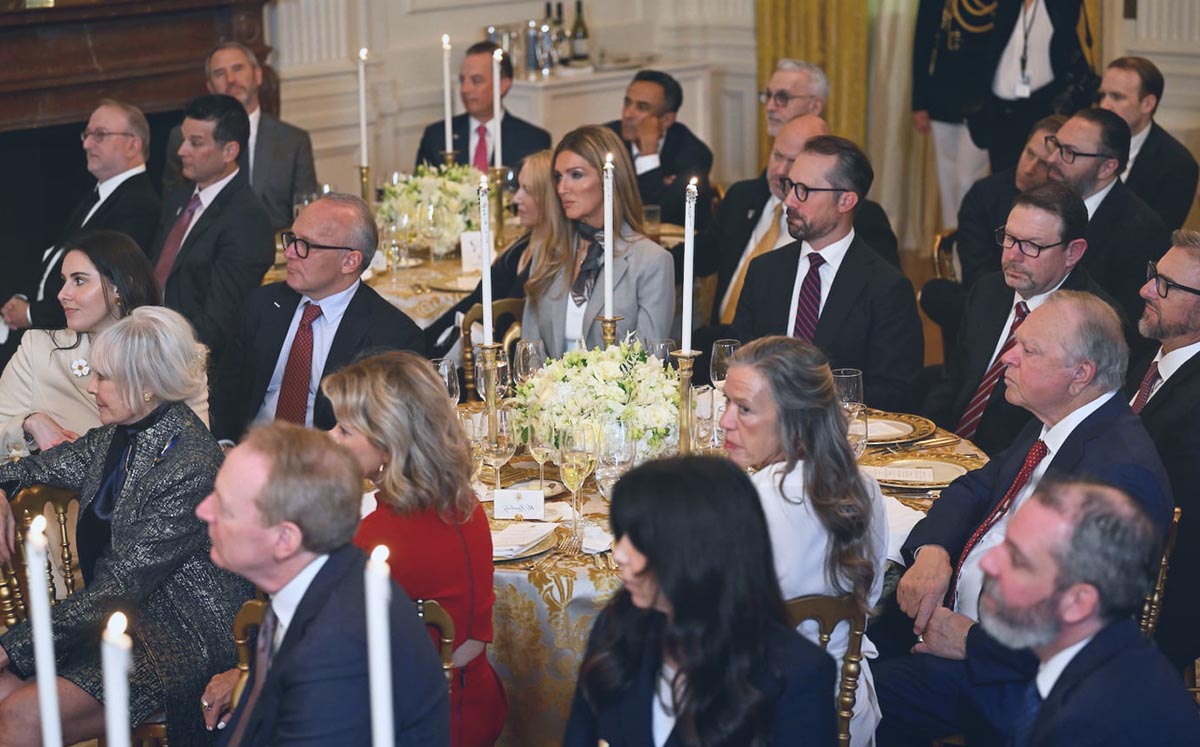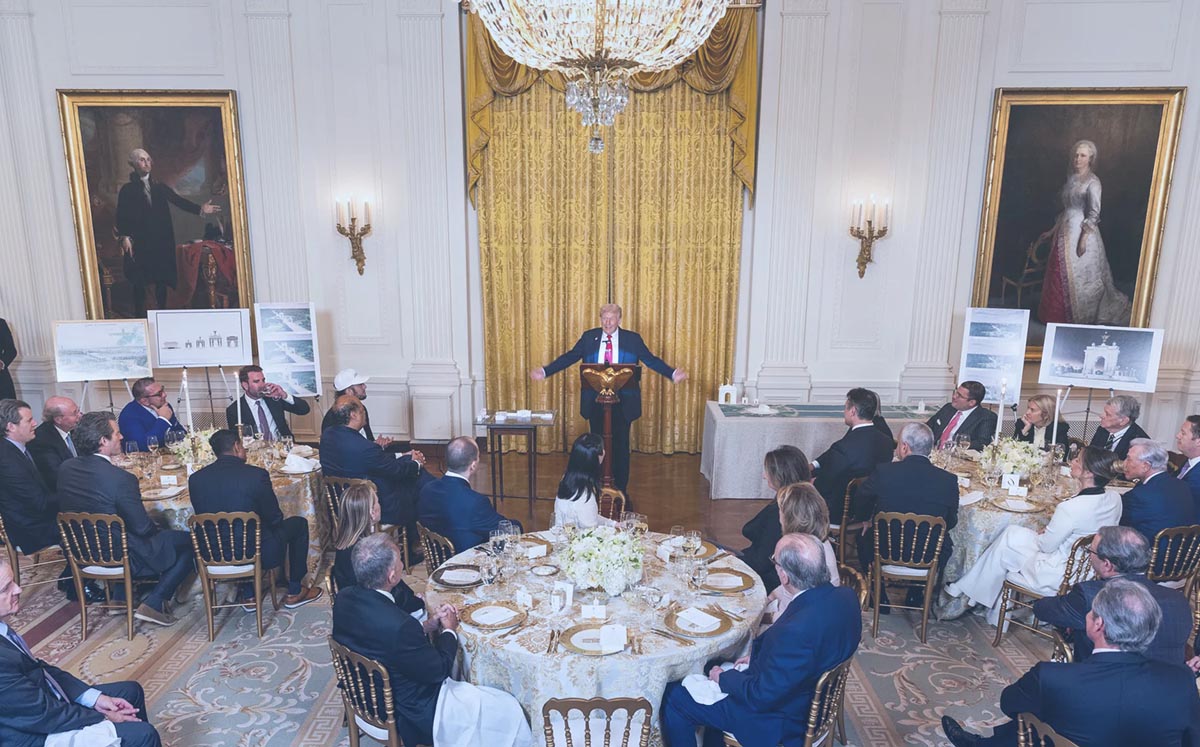President Donald Trump is entering the fusion power industry through a $6 billion merger of his social media company and TAE Technologies, which is backed by Google. This announcement comes just days after industry leaders asked the federal government for more funding.
On Thursday, an all-stock deal was announced that invests in energy growth due to the rising demand from artificial intelligence (AI) data centers. This deal adds to the diverse business interests of the Trump family, which include cryptocurrency, real estate, and mobile services.
As the technology industry needs more energy, there is renewed interest in nuclear power. This involves restarting closed reactors, expanding existing nuclear power plants, and planning new small modular reactors.
Nuclear fusion is a clean and reliable energy source, but it has yet to develop a commercially operational reactor, despite many years of research.
For over ten years, TAE Technologies has partnered with Google Research to explore fusion science. Its investors include Chevron and the Sumitomo Corporation of America. Founded in 1998, TAE also has a business for energy storage and another that develops targeted cancer treatments.
When the merger is complete in mid-2026, shareholders from both companies will own about 50% of the new company. Trump Media and Technology Group will be the holding company for the Truth Social platform, TAE Power Solutions, and TAE Life Sciences.
Major Political Support
Trump Media’s shares rose nearly 33% in early trading, getting attention from retail investors on Stocktwits. However, the company’s stock has lost almost 70% of its value this year.
Wedbush analyst Dan Ives noted that TAE is likely to receive significant support from President Trump.
Since returning to the office this year, Trump’s family has been pursuing business ventures that benefit from his political influence. They’ve made billions in cryptocurrency as Trump supports digital financial assets.
Companies and scientists have been trying for years to create fusion reactions. This process involves forcing light atoms together at extreme temperatures to release large amounts of energy, similar to how the sun works.
There are major challenges to making fusion energy a reality. These include producing more energy from the reaction than is used to start it, and building plants that can handle the intense fusion reactions to provide power to the grid.
This month, TAE CEO Michl Binderbauer and leaders from other fusion companies met with officials from the US Energy Department. This meeting followed the department’s decision to set up its first fusion office.
Terms of The Agreement
The company has raised over $1.3 billion in private funding and aims to develop and sell next-generation neutral beam systems for fusion and related applications in a more cost-effective way.
Trump Media has agreed to provide up to $200 million in cash to TAE upon signing, with an additional $100 million available following the initial filing for registration. This deal has been approved by the boards of both companies.
The two companies plan to begin construction on the world’s first utility-scale fusion power plant next year. Trump Media CEO Devin Nunes, a Republican congressman who resigned in 2021 to lead the company, stated on an investor call that they plan to “quickly seek approvals” once the deal closes, with site searches for the plant expected to begin by the end of 2026.
Nunes did not offer further details during the brief eight-minute investor call. He will serve as co-CEO of the new company alongside Binderbauer. The combined entity will have a nine-member board that includes Nunes, Binderbauer, and Donald Trump Jr.
Trump Media primarily generates revenue from advertising on the Truth Social platform but has consistently reported losses since its inception. In the third quarter ending September, the company experienced a decline in revenue and reported a loss of $54.8 million.
